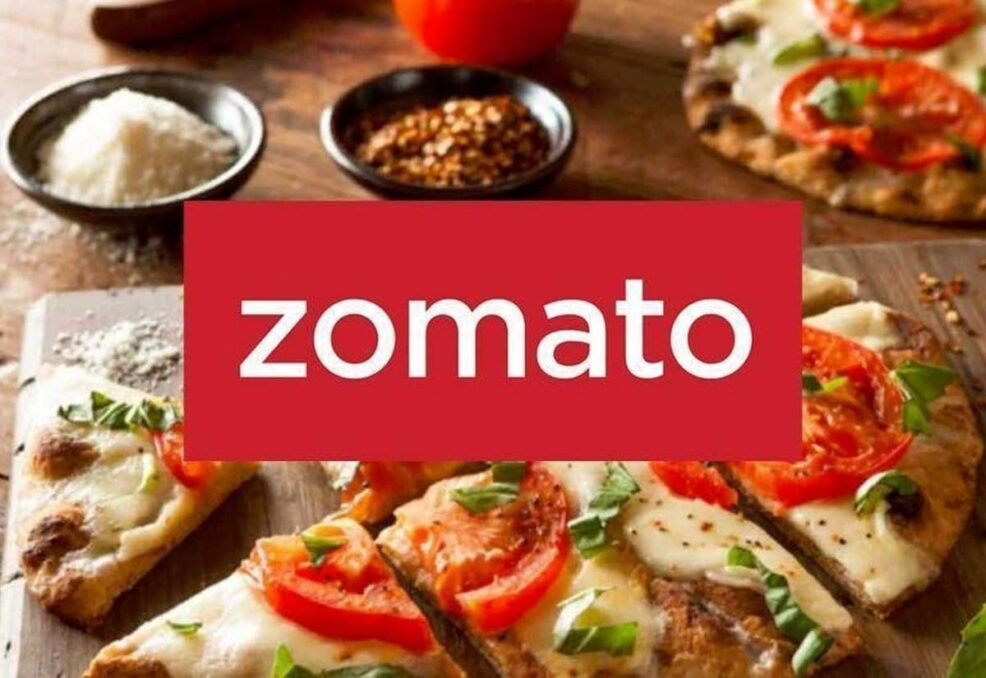Zomato, a leading food delivery company and restaurant aggregator, is reportedly venturing into the realm of generative artificial intelligence (AI) to revolutionize its range of services. According to reports, Zomato is conducting trials with AI technology to improve the overall customer experience.
The company’s parent company, Blinkit, a quick commerce platform, is also actively recruiting experts in machine learning, data science, and natural language processing to create AI-driven products.

Zomato Pursuit of AI Integration
Zomato’s strategic focus on incorporating generative AI is aimed at enhancing customer satisfaction across various aspects of its platform.
The company plans to leverage AI technology in functionalities such as search, notifications, product photography, and customer support. By recruiting specialized engineers and appointing a head of AI product development, Zomato aims to lead the way in creating cutting-edge AI-driven solutions.
Zomato Enriching Customer Interactions with AI
As per reports, Zomato’s ongoing AI advancements will enable the platform to automate a significant portion of customer interactions. By efficiently managing growing volumes of interactions, Zomato seeks to improve response times and overall user experience. The integration of generative AI technology will empower the system to handle customer queries and requests in a more effective and efficient manner.

Blinkit’s AI Innovations for Quick Commerce
Blinkit, Zomato’s parent company, is actively exploring AI applications to enhance its quick commerce platform. Machine learning algorithms have been utilized to optimize supply chain efficiency and reduce delivery durations. Additionally, Blinkit has introduced experiments with generative AI, such as offering users a wide variety of recipes and corresponding ingredients through its app, providing limitless options to cater to diverse culinary preferences.
The Journey Towards AI: Development and Achievements
Acknowledging the ongoing AI developments, a Zomato representative stated that the company has made significant refinements to neural networks over the past year. These advancements have enabled Zomato to predict various aspects, including food preparation and delivery time, ensuring a more accurate and efficient service for customers. Similarly, Blinkit’s utilization of machine learning techniques has further strengthened its supply chain operations.
Navigating Controversies: Zomato’s ‘Kachra’ Campaign
In recent times, Zomato faced backlash due to its ‘kachra’ campaign, which aimed to promote cleanliness and reduce food wastage. The campaign featured ads showcasing messy, unappetizing meals, accompanied by the tagline, “Don’t waste food. Don’t be kachra.” However, some users argued that the campaign’s connection to the marginalized character in the movie ‘Lagaan’ held contextual significance, considering the broader landscape of commercial entertainment in India.
Conclusion
Zomato’s adoption of generative AI and Blinkit’s focus on machine learning represent significant advancements in the food delivery and quick commerce sectors. By incorporating AI technology into their platforms, both companies aim to improve customer experiences, streamline operations, and offer innovative solutions. As Zomato continues its AI-driven journey, it strives to stay at the forefront of technological advancements in the food industry, catering to evolving consumer demands.
More on Zomato
Zomato’s share hit a fresh 52 week high on the expiry day at NSE of ₹76.35 which was it’s original IPO price. Since March 28, the company’s shares have been trending in the direction of their IPO price of ₹ 76, and during this time, they’ve risen by nearly 48. Judges claim that Zomato has been on a comber coaster lift in the last two times, one with a lot of volatility. Still, there’s eventually some positive news as the company has managed to recapture its IPO price, motioning an implicit reversal. The remarkable performance of Zomato in FY23 has played a pivotal part in supporting the recovery of its stock price. In comparison to the December quarter’s losses of ₹346.60 crore and the same period last time, the company losses narrowed for the quarter ended March, at ₹188.20 crore. also, its profit increased 70% to ₹ 2,056 crore in Q4FY23 from ₹ 1,211.80 crore in the same period last time.












